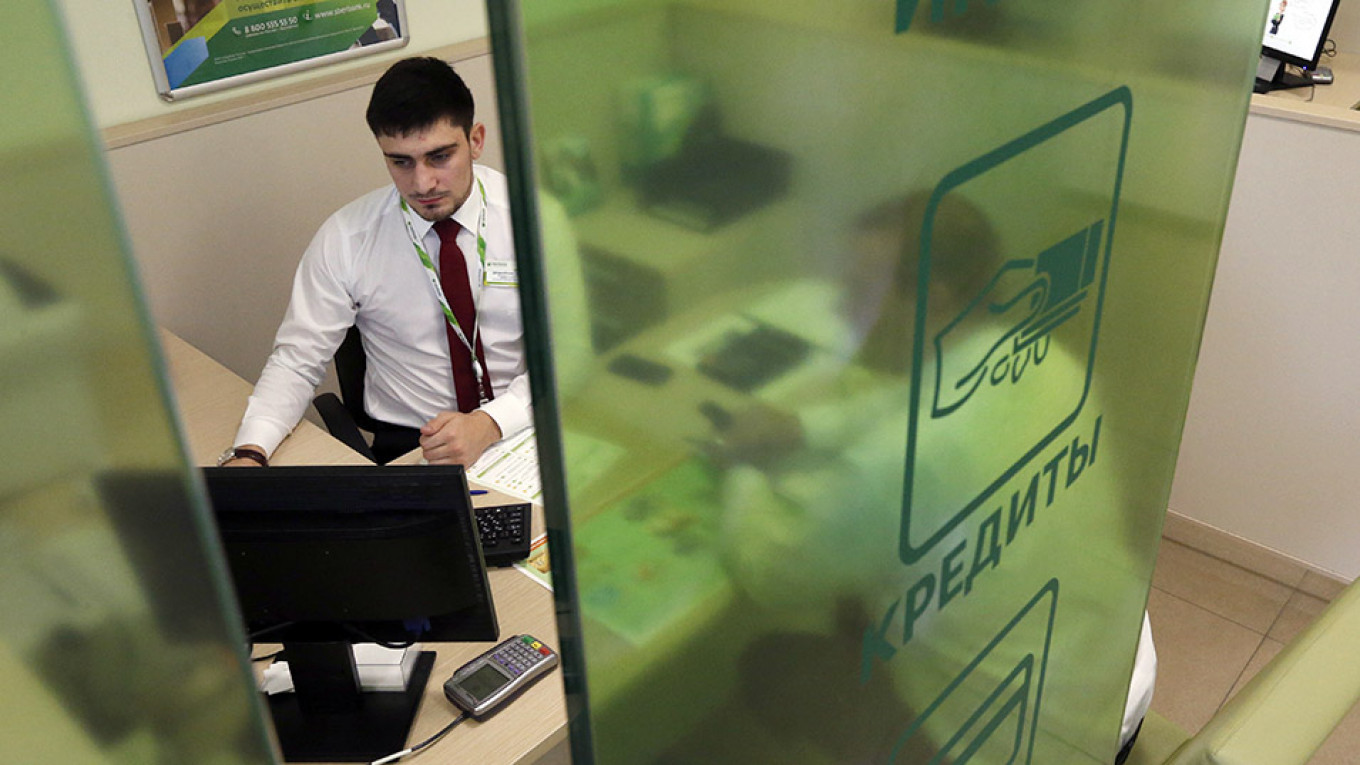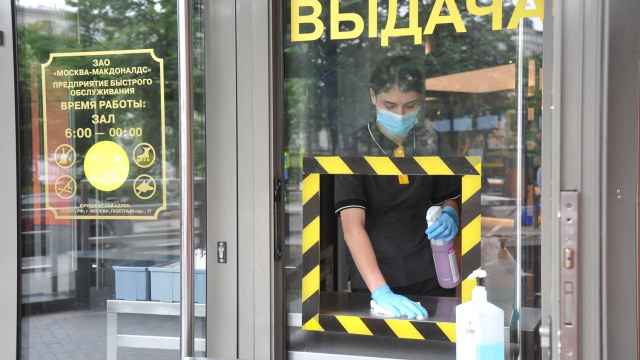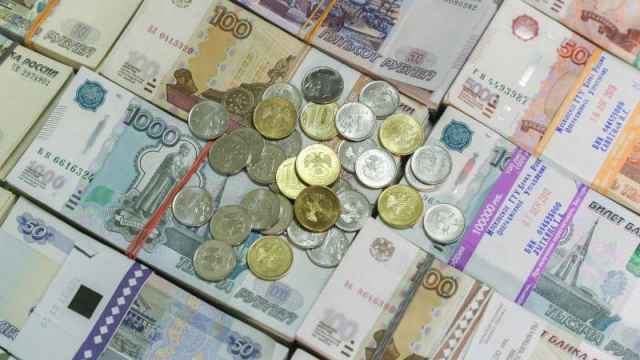Russian households took on an extra 2.7 trillion rubles ($44 billion) of debt last year, even as regulators’ concerns over a consumer debt bubble led to the introduction of stricter lending criteria.
That growth took the stock of outstanding consumer debt in Russia to a total of 17.6 trillion rubles ($280 billion) at the end of 2019, statistics agency Rosstat said Tuesday.
Despite the annual increase of almost 20%, analysts highlighted this was slower than rates recorded a year ago, before Russia’s Central Bank stepped in to try to cool the market with new regulations. Those measures included making it more expensive for banks to lend to riskier customers, and limiting the daily interest rates on ultra-short-term loans.
The Central Bank’s efforts appear to be bearing fruit, said Mikhail Shlemov, a banking analyst at VTB capital, despite working against market conditions. Falling interest rates have made loans more affordable, and with consumer spending increasing faster than real incomes, demand for loans in Russia has remained high. Last year’s double-digit growth in outstanding debt came despite only around a third of applications for unsecured loans being approved.
Much of the slowdown in borrowing came in the final quarter of the year, after the Central Bank’s strictest criteria came into force. Loans grew by just 1% in December, for instance, and fewer borrowers appear to be getting into repayment issues, with the value of overdue loans standing at 4.3%, compared to 5% one year ago.
“We think this trend will continue in 2020, with the Central Bank discussing more regulatory tightening and now targeting mortgages, housing and car loans,” said Shlemov. “However, nominal growth is to remain above 10% annually, in our view.”
A Message from The Moscow Times:
Dear readers,
We are facing unprecedented challenges. Russia's Prosecutor General's Office has designated The Moscow Times as an "undesirable" organization, criminalizing our work and putting our staff at risk of prosecution. This follows our earlier unjust labeling as a "foreign agent."
These actions are direct attempts to silence independent journalism in Russia. The authorities claim our work "discredits the decisions of the Russian leadership." We see things differently: we strive to provide accurate, unbiased reporting on Russia.
We, the journalists of The Moscow Times, refuse to be silenced. But to continue our work, we need your help.
Your support, no matter how small, makes a world of difference. If you can, please support us monthly starting from just $2. It's quick to set up, and every contribution makes a significant impact.
By supporting The Moscow Times, you're defending open, independent journalism in the face of repression. Thank you for standing with us.
Remind me later.






